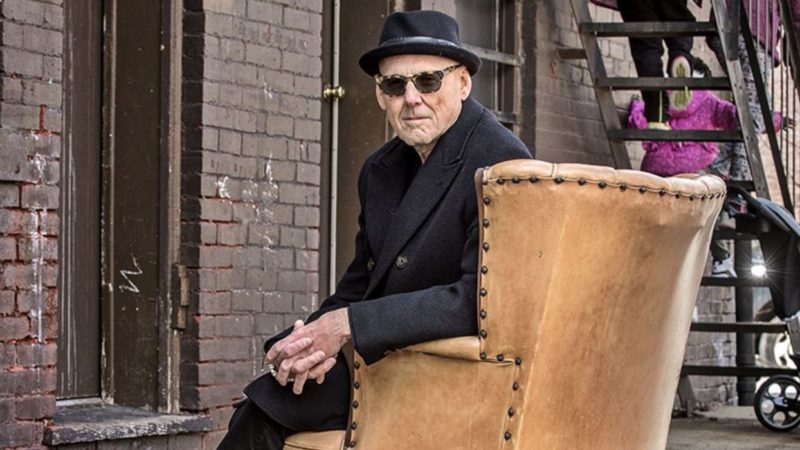Richard Thompson is an English singer, songwriter, and guitarist. He made his début as a recording artist as a member of Fairport Convention in September 1967. He continues to write and record new material regularly and frequently performs live at venues throughout the world. Wikipedia

You Might also like
-
Jason Isbell
Jason Isbell
Michael Jason Isbell is an American singer-songwriter and guitarist from Green Hill, Alabama, in Lauderdale County. He is known for his solo career, his work with the band The 400 Unit, and as a former member of Drive-By Truckers for six years, from 2001 to 2007. Isbell has won four Grammy Awards. Wikipedia
“Isbell may not be a household name but he is a songwriter of great depth and intelligence. Blending country, folk, roots and rock, his music is soulful and alive, with deceptively sophisticated lyrics about addicts, runaways, lovers and outsiders. Naturally, his vignettes of the American working class have seen him compared to Bruce Springsteen, though his quieter songs bear the traces of one of his late mentors, the master American songwriter John Prine. On Sunday night, Isbell’s latest album, Weathervanes – recorded with his band the 400 Unit – is up for three Grammys (Best Americana Album, Best Americana Performance, and Best American Roots Song).” Independent – Louis Chilton

Jason Isbell is married to and often performs with Amanda Shires. (Click to visit her site)
Post Views: 2,762 -
Billy Price
Billy Price
2016 Blues Music Award Winner Billy Price first attracted national attention during his three-year association with guitarist Roy Buchanan. Price is the vocalist on two of Buchanan’s LPs, That’s What I’m Here For and Live Stock. Since then, with the Keystone Rhythm Band, the Billy Price Band, and solo projects, Billy Price has recorded and released a total of 16 albums, CDs, and DVDs.
In April 2016, he was officially recognized and inducted as a Pittsburgh Rock ’n Roll Legend at an award ceremony.Price’s album This Time for Real, with the late Chicago soul singer Otis Clay, received a 2016 Blues Music Award in the category of Best Soul Blues Album of 2015. It has been nominated for a 2019 Blues Music Award in the category of Best Soul Blues Album of 2018.
The Pittsburgh-based Billy Price Band consists of Dave Dodd (drums), Tom Valentine (bass), Lenny Smith (guitar), Jim Britton (keyboards), Eric Spaulding (sax), and Joe Herndon (trumpet).
The Billy Price Charm City Rhythm Band, based in Billy’s new hometown of Baltimore, MD, consists of El Torro Gamble (drums), Greg Haughey (bass), Pete Kanaras (guitar), Tam Sullivan (keyboards), Dan Gutwein (sax), and Vince McCool (trumpet).
His album, Dog Eat Dog, debuted at number 9 in the Billboard Blues Album Chart the week of August 17, 2019.
And now in 2024…He’s a Person of Interest
 Post Views: 3,099
Post Views: 3,099



